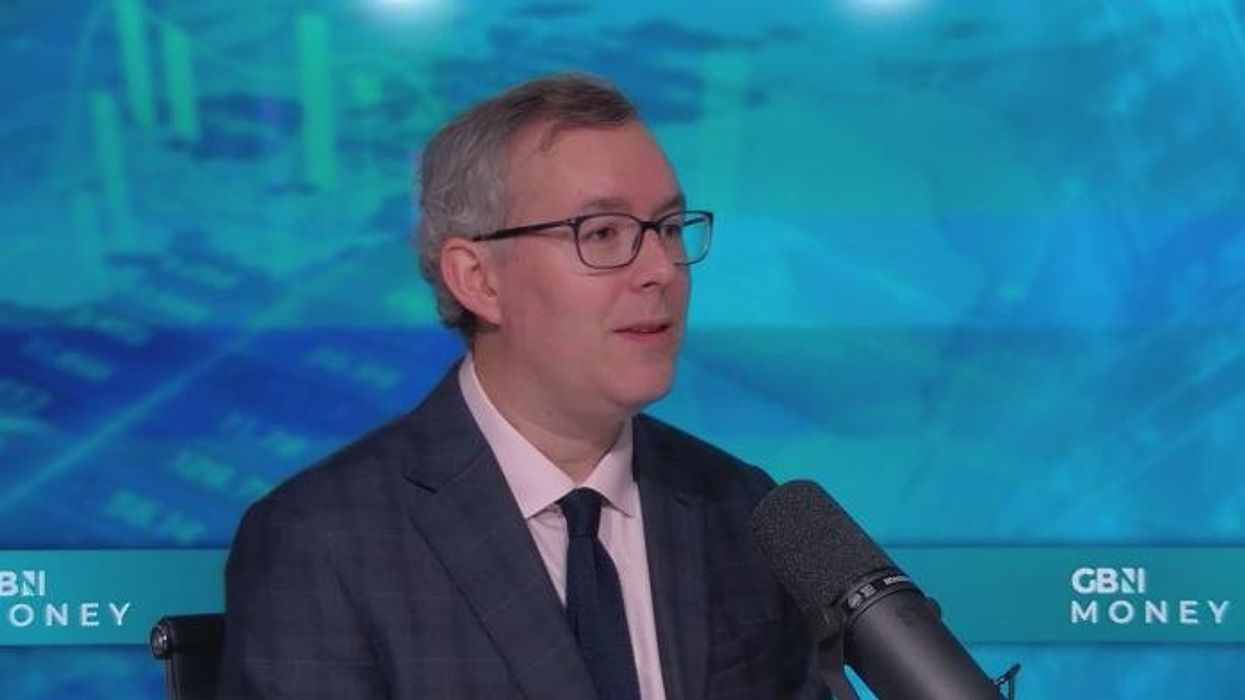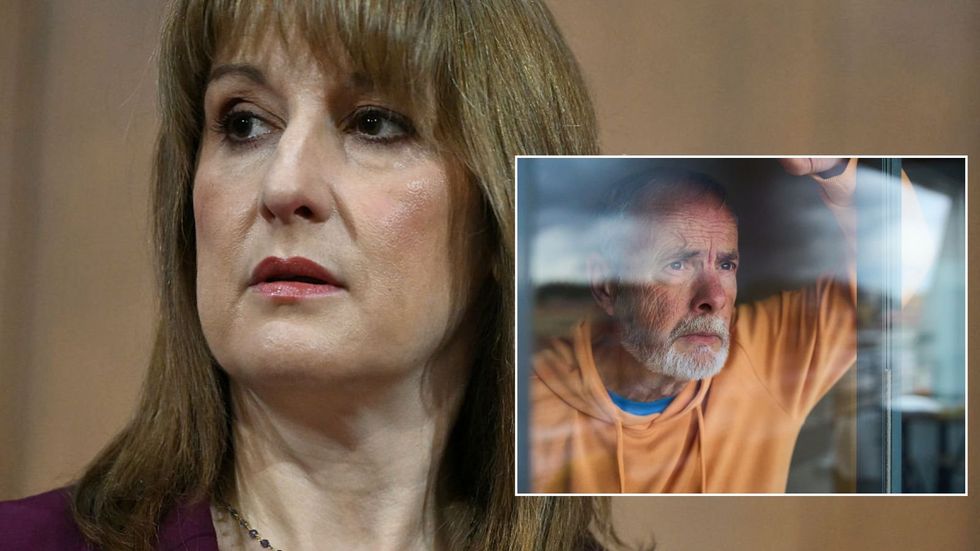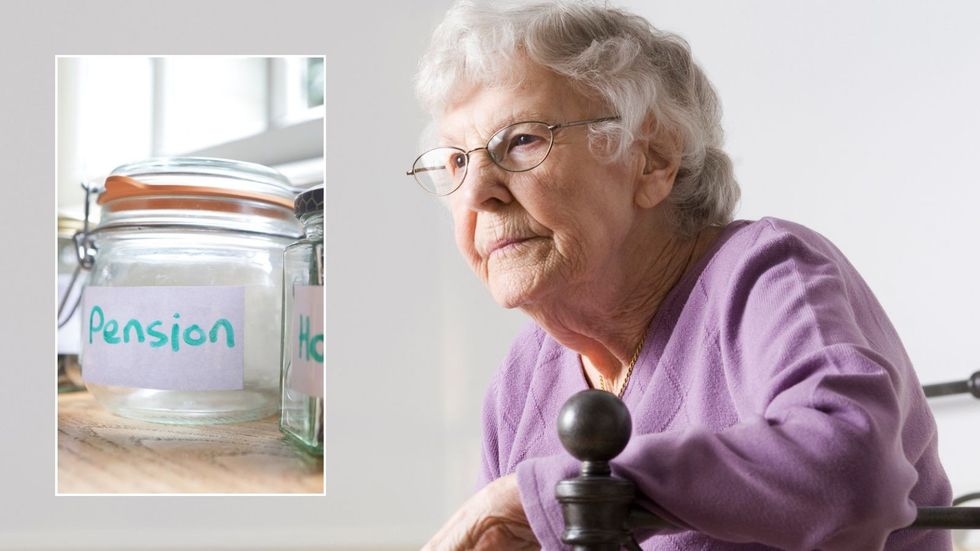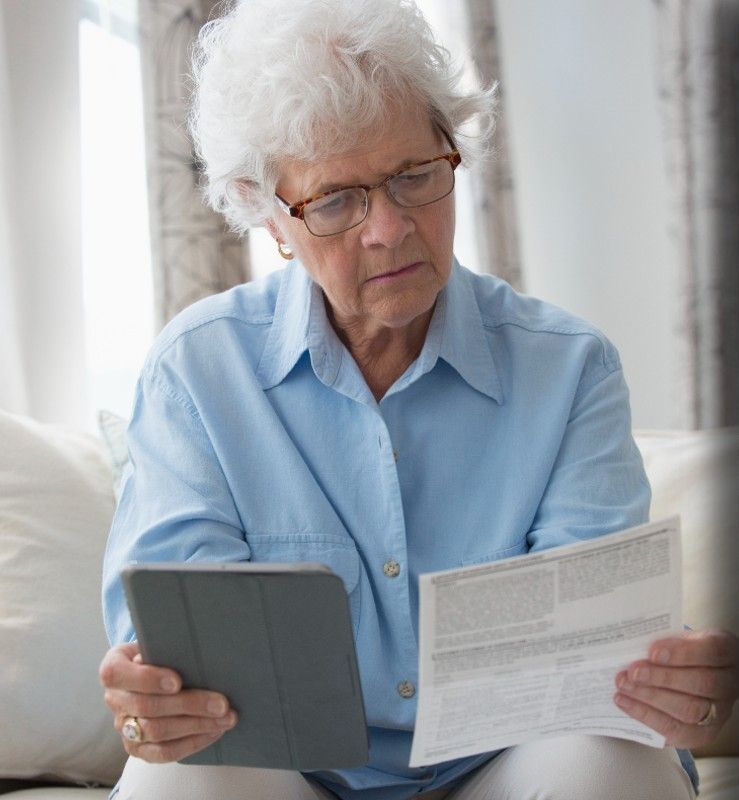Low-income savers hit with £992 stealth tax bills as freeze pulls pensioners into the net

GB News

Personal allowance freeze leaves modest earners and retirees facing unexpected charges on wages and savings
Don't Miss
Most Read
Britain’s lowest-income savers are facing tax bills of up to £992 as a direct result of the Government’s frozen personal allowance, with pensioners relying on modest savings among those hit hardest.
The freeze has held the threshold at £12,570 since 2021 and is pulling thousands of previously exempt households into the tax net.
Investment platform AJ Bell’s analysis shows how the freeze creates sharp and unexpected liabilities for people with limited income.
Someone earning £15,549 with £5,000 in savings interest now incurs a combined tax bill of £992.
Sarah Coles, of stockbroker Hargreaves Lansdown, warned: “This will affect an awful lot of pensioners with modest personal pensions and reasonable savings, who rely on the starting rate to keep their tax bills down.”
She said many retirees depend on the allowance to prevent small amounts of savings income from becoming taxable.
Had the personal allowance kept pace with inflation, it would now stand at £15,550.
The failure to up rate it has created a major tax burden for savers who would not previously have owed income tax.
AJ Bell’s figures show how the freeze interacts with rising interest rates.
An individual on £15,549 with £5,000 in interest would have paid nothing had thresholds increased with inflation, but under the current system they face £596 in income tax on earnings.

Britain’s lowest-income savers are facing tax bills of up to £992 as a direct result of the Government’s frozen personal allowance
|GETTY
They then pay an additional £396 on their savings, taking the total to £992.
The state pension’s rise to £12,547.60 annually means it now sits close to the £12,570 personal allowance.
This leaves little room for any additional income without triggering tax charges.
The “starting rate for savings” offers up to £5,000 of tax-free interest for people whose other income remains within the personal allowance.
Once income passes £12,570, the starting rate reduces pound-for-pound and disappears entirely at £17,570.
Former chancellor George Osborne introduced the starting rate in 2015 to support “one and a half million low-income savers”, including more than 650,000 pensioners.
LATEST DEVELOPMENTS

Many retirees depend on the allowance to prevent small amounts of savings income from becoming taxable
| GETTYHowever, HMRC data shows 41,700 savers earning under £17,570 paid tax on their savings interest last year, up sharply from 14,100 in 2021-22.
Antonia Stokes, of the Low Income Tax Reform Group, said: “The starting rate for savings is not well known but it is a valuable tool in the tax system for some people on low incomes.” She warned that many savers may not realise they are entitled to relief.
Chancellor Rachel Reeves previously pledged to increase the personal allowance and other thresholds with inflation from April 2028.
However, growing pressure on the public finances has fuelled expectations that she will extend the freeze to 2030 when she delivers her Budget on 26 November.
Projections suggest an extension would raise £8.3bn for the Treasury.
The Institute for Fiscal Studies (IFS) estimates that keeping thresholds frozen until 2030 would push 42 million people into paying income tax by 2029, compared with 31.7 million before the freeze began.
This expansion of the tax base is driven by fiscal drag as wages and pensions rise while thresholds remain static.
It means millions enter the tax system despite no change to headline rates.
The state pension’s expected increase in April is forecast to bring an extra 200,000 retirees into income tax, according to pensions consultancy LCP.
The rise is protected by the triple lock, which guarantees yearly increases based on the highest of inflation, wage growth or 2.5 per cent.

The freeze disproportionately affects pensioners
| PA/Getty ImagesThese newly taxed retirees add to the large numbers already caught by the freeze.
Ms Coles warned: “If you missed the implications of the frozen rate for your circumstances, the tax bill could come as a nasty surprise.”
The freeze disproportionately affects pensioners with modest private pensions and reasonable savings balances.
Once the state pension alone approaches the allowance, even small amounts of additional income push retirees into tax liability.










